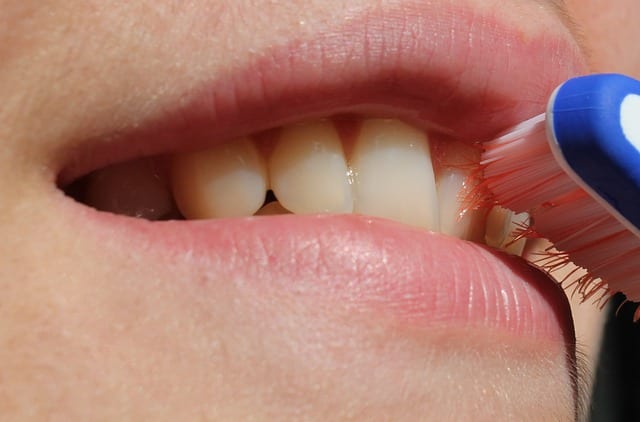Oral cancer is not a pleasant subject, but one that we would like to discuss with you. You see, almost 30,000 new cases of oral cancer will occur this year and about one-third that number will die from the disease. Remember, mouth cancer is preventable – and can be cured – if detected early.
About Oral Cancer
Cancer is a disease characterized by the abnormal growth and spread of malignant cells. In the early stages, mouth cancer is painless. Pain occurs only in the more advanced stages.
Mouth cancer occurs more commonly in patients with poor oral hygiene. Smokers and heavy drinkers have the highest incidence of oral cancer. Smokers, for example, have five times the risk of developing oral cancer as non-smokers. That risk increases significantly with smokers who also drink heavily. Smokeless tobacco (snuff and chewing tobacco) users also have a significantly higher risk of developing oral cancer.
In light of these facts, there is reassuring news about oral cancer: Ninety percent of all cases are curable when caught and treated early. Oral cancer has one of the highest cure rates of all cancers!
Signs and Symptoms
While no two patients are alike, there are some common warning signs and symptoms of oral cancer. If you notice any of the following, please contact us at once:
- A sore on your gums, lips, tongue or inside your cheek that does not heal within two or three weeks.
- White, scaly patches inside your mouth or on your lips. The patch may have a “leathery” appearance.
- Any unusual swelling or lump in your mouth, neck, tongue or lips.
- An unexplained numbness or pain in your mouth or throat.
- Repeated bleeding in your mouth with no apparent cause.
How Can I Reduce My Chances Of Developing Oral Cancer?
While no one is completely free from the threat of oral cancer, there are a number of self-help steps YOU can take to minimize your risks:
- Avoid unnecessary prolonged exposure to sunlight – use sun screens when outdoors for long periods of time. About 95 percent of all lip cancers occur on the lower lip – it receives more exposure to the sun than the upper lip.
- Avoid all forms of tobacco, and use alcohol in moderation.
- If you have any sore areas underneath a denture, please bring this to our attention.
- Eat a balanced diet. Sometimes mouth cancer is preceded by unhealthy oral mucous membranes, linked to dietary deficiencies.
- Avoid extremely hot liquids or foods. Excess heat acts as an irritant to oral tissues.
- Practice good oral hygiene. Even if you wear dentures, you should come see us at least once a year to have your mouth, lips and gums checked.
Is There Anything I Can Do At Home?
Yes. Once a month you can practice the oral cancer self-exam at home, and it only takes a few minutes. Here’s how:
Oral Cancer Self-Exam
Face and Neck
Look at your face and neck in a mirror. Using your right hand, feel the left side of your neck and the area under your chin. Repeat this on the right side of your face, using your left hand. Do both sides look and feel the same?
Lips
Look at your lips by first examining and feeling the outside. Pull the lower lip down with your thumb and forefinger. Feel the inside and outside. Repeat this examination on the upper lip. Are there any color changes, lumps or sores?
Gums
Check your gums with the lips pulled away. Look at and touch the gums using your forefinger. Does the tissue look like it did last month?
Cheeks
With your thumb and forefinger at the corner of your mouth, draw the cheek away from your teeth. Keeping the mouth relaxed, look at and feel the cheek with your fingers. Repeat on the other side.
Tongue
Stick out your tongue. Grasp the end (be careful – it’s strong and very slippery!) with a gauze square or the corner of a washcloth. Look at and touch the top surface. Turn your tongue to the right and then to the left. Do you see any lumps or growths on your tongue? Now, touch the tip of your tongue to the back of the roof of your mouth (as far as you can) and look at the floor of your mouth. Look at the underside of your tongue, too. Are there any unusual lumps or growths?
Back of the Mouth
Last, say “Ah,” to examine the back of your mouth. Tilt your head back slightly to see the roof of your mouth. Do you see any white scaly patches?
A Final Word…
We’re enthusiastic about oral cancer prevention. In fact, we routinely screen all our adult patients. If you have any further questions, or would like individual instruction, please ask us. The best defense against oral cancer is prevention, and it starts with you!


